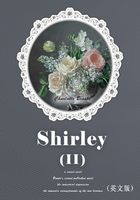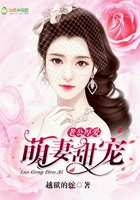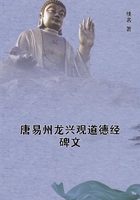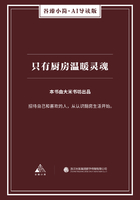From Kousminski Nekhludoff went to the estate he had inherited from his aunts, the same where he first met Katusha. He meant to arrange about the land there in the way he had done in Kousminski. Besides this, he wished to find out all he could about Katusha and her baby, and when and how it had died. He got to Panovo early one morning, and the first thing that struck him when he drove up was the look of decay and dilapidation that all the buildings bore, especially the house itself. The iron roofs, which had once been painted green, looked red with rust, and a few sheets of iron were bent back, probably by a storm. Some of the planks which covered the house from outside were torn away in several places; these were easier to get by breaking the rusty nails that held them. Both porches, but especially the side porch he remembered so well, were rotten and broken; only the banister remained. Some of the windows were boarded up, and the building in which the foreman lived, the kitchen, the stables--all were grey and decaying. Only the garden had not decayed, but had grown, and was in full bloom; from over the fence the cherry, apple, and plum trees looked like white clouds. The lilac bushes that formed the hedge were in full bloom, as they had been when, 14 years ago, Nekhludoff had played gorelki with the 15-year-old Katusha, and had fallen and got his hand stung by the nettles behind one of those lilac bushes. The larch that his aunt Sophia had planted near the house, which then was only a short stick, had grown into a tree, the trunk of which would have made a beam, and its branches were covered with soft yellow green needles as with down. The river, now within its banks, rushed noisily over the mill dam. The meadow the other side of the river was dotted over by the peasants' mixed herds. The foreman, a student, who had left the seminary without finishing the course, met Nekhludoff in the yard, with a smile on his face, and, still smiling, asked him to come into the office, and, as if promising something exceptionally good by this smile, he went behind a partition. For a moment some whispering was heard behind the partition. The isvostchik who had driven Nekhludoff from the station, drove away after receiving a tip, and all was silent. Then a barefooted girl passed the window; she had on an embroidered peasant blouse, and long earrings in her ears; then a man walked past, clattering with his nailed boots on the trodden path.
Nekhludoff sat down by the little casement, and looked out into the garden and listened. A soft, fresh spring breeze, smelling of newly-dug earth, streamed in through the window, playing with the hair on his damp forehead and the papers that lay on the window-sill, which was all cut about with a knife.
"Tra-pa-trop, tra-pa-trop," comes a sound from the river, as the women who were washing clothes there slapped them in regular measure with their wooden bats, and the sound spread over the glittering surface of the mill pond while the rhythmical sound of the falling water came from the mill, and a frightened fly suddenly flew loudly buzzing past his ear.
And all at once Nekhludoff remembered how, long ago, when he was young and innocent, he had heard the women's wooden bats slapping the wet clothes above the rhythmical sound from the mill, and in the same way the spring breeze had blown about the hair on his wet forehead and the papers on the window-sill, which was all cut about with a knife, and just in the same way a fly had buzzed loudly past his car.
It was not exactly that he remembered himself as a lad of 15, but he seemed to feel himself the same as he was then, with the same freshness and purity, and full of the same grand possibilities for the future, and at the same time, as it happens in a dream, he knew that all this could be no more, and he felt terribly sad. "At what time would you like something to eat?" asked the foreman, with a smile.
"When you like; I am not hungry. I shall go for a walk through the village."
"Would you not like to come into the house? Everything is in order there. Have the goodness to look in. If the outside---"
"Not now; later on. Tell me, please, have you got a woman here called Matrona Kharina?" (This was Katusha's aunt, the village midwife.)
"Oh, yes; in the village she keeps a secret pot-house. I know she does, and I accuse her of it and scold her; but as to taking her up, it would be a pity. An old woman, you know; she has grandchildren," said the foreman, continuing to smile in the same manner, partly wishing to be pleasant to the master, and partly because he was convinced that Nekhludoff understood all these matters just as well as he did himself.
"Where does she live? I shall go across and see her."
"At the end of the village; the further side, the third from the end. To the left there is a brick cottage, and her hut is beyond that. But I'd better see you there," the foreman said with a graceful smile.
"No, thanks, I shall find it; and you be so good as to call a meeting of the peasants, and tell them that I want to speak to them about the land," said Nekhludoff, with the intention of coming to the same agreement with the peasants here as he had done in Kousminski, and, if possible, that same evening.















